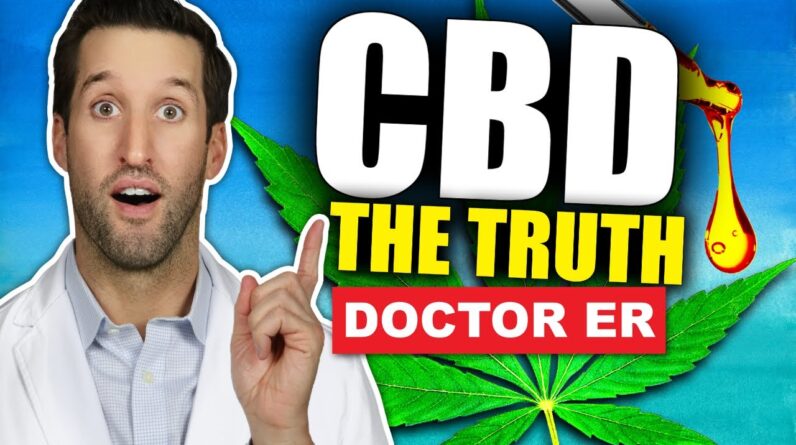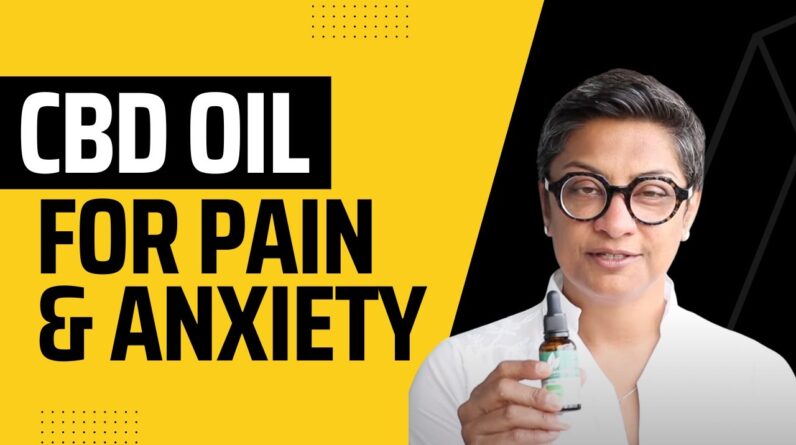
Understanding the Science and Potential Benefits of CBD
The intriguing world of CBD, otherwise known as cannabidiol, has been a hot topic in the wellness industry with many people curious about its promised potential benefits. While some dub it a “miracle compound,” others see it as merely a hyped-up gimmick, a marketing ploy manufactured by businesses seeking to cash in on the popularity of health trends.
What is CBD?
CBD, short for cannabidiol, is a naturally occurring compound derived from the cannabis plant. It’s a safe, non-addictive substance and is one of the more than a hundred phytocannabinoids within the cannabis plant. Unlike its cousin, delta-9-tetrahydrocannabinol (THC), the major active ingredient in the cannabis plant responsible for the ‘high’, CBD is not psychoactive. Instead, it interacts differently with receptors in the brain and body, leading to a variety of potential therapeutic attributes.
History and Initial Findings of CBD
CBD’s discovery dates back to 1942 when a Harvard-trained chemist, Roger Adams, first extracted it. However, it was only in 1963 when the chemical structure of CBD was mapped out, thanks to the efforts by Dr. Raphael Mechoulam, also known as the godfather of cannabis research. During the 1980s, after numerous preclinical trials on rodents, researchers found CBD to have anti-epileptic properties.
A small clinical trial by Brazilian researchers involving epileptic patients taking a daily dose of 200 milligrams of CBD saw remarkable improvements, with no convulsions over the trial period. These early findings prompted more extensive studies and eventually led to the approval by the FDA of the first ever cannabis-derived medicine for epilepsy, Epidiolex, which contains CBD.
Potential Health Benefits of CBD
Anxiety and Sleep Disorders
Research on CBD’s potential benefits now goes beyond epilepsy. It’s being used to address anxiety and insomnia, with one study finding that a single dose of 600 milligrams of CBD decreased anxiety in people about to give public speeches. In another study, participants who took 25 milligrams of CBD daily for a month saw their anxiety reduce and sleep quality improved.
Chronic Pain
There’s also evidence suggesting that CBD may be an option for treating different types of chronic pain. The European Journal of Pain found that CBD applied on the skin could help lower pain and inflammation due to arthritis.
Neurodegenerative Disorders
Researchers are also exploring CBD’s potential in treating neurodegenerative disorders like Alzheimer’s disease, multiple sclerosis, Parkinson’s disease, and stroke. There’s belief that CBD oil might reduce the inflammation that can make these neurodegenerative symptoms worse.
Cancer Treatment
While it’s still in the early stages, research on the role of CBD in preventing cancer cell growth is ongoing. The National Cancer Institute notes that CBD may help alleviate cancer symptoms and side effects of cancer treatment. However, it doesn’t fully endorse the cannabis form as a cancer treatment.
CBD: Safety, Legal Status and Considerations
People curious about trying CBD due to its potential benefits might also have concerns about its safety, how it could show up in drug tests, and its legal status. CBD will not make you high nor does it typically show up in a drug test. However, it’s possible that CBD products could contain THC, which can result in a positive drug test.
Some reported side effects of CBD include nausea, fatigue, and irritability. It’s advised to consult with a doctor before trying CBD, as it can interact with certain medications.
As of now, CBD is primarily sold as a supplement or nutraceutical and not a medication, which means the FDA does not regulate its safety and purity. This makes it crucial for anyone interested in trying CBD to ensure they’re buying from a source that offers products with reliable laboratory testing.
Conclusion
While promising, much about the potential of CBD remains to be explored. With the growing interest in its therapeutic properties, it’s increasingly important for people to educate themselves about what they’re buying and consuming. As with any other wellness product, it comes down to personal experience and individual reactions. Seek advice from healthcare professionals, stay informed, and approach CBD with an open but careful mind.






